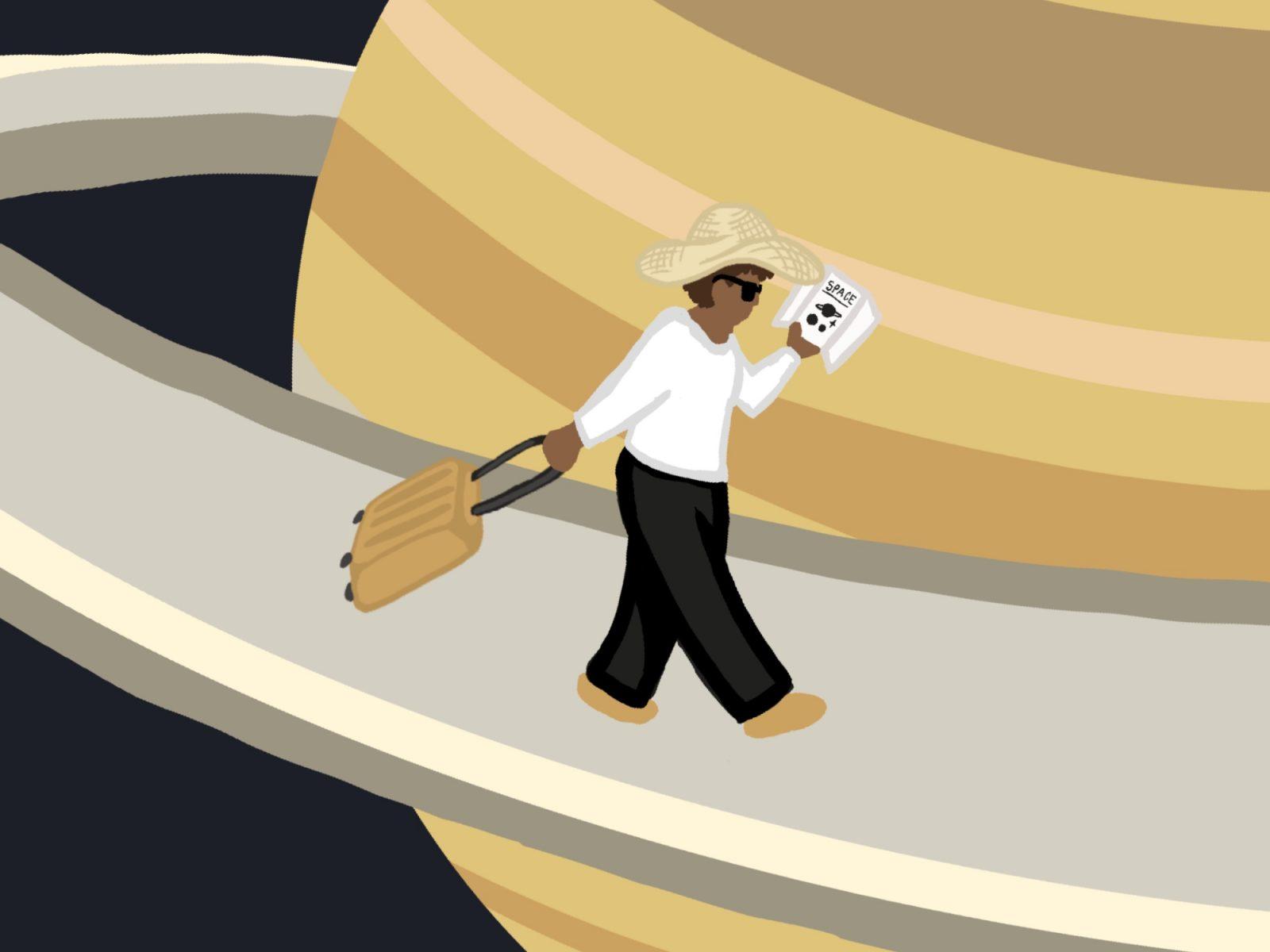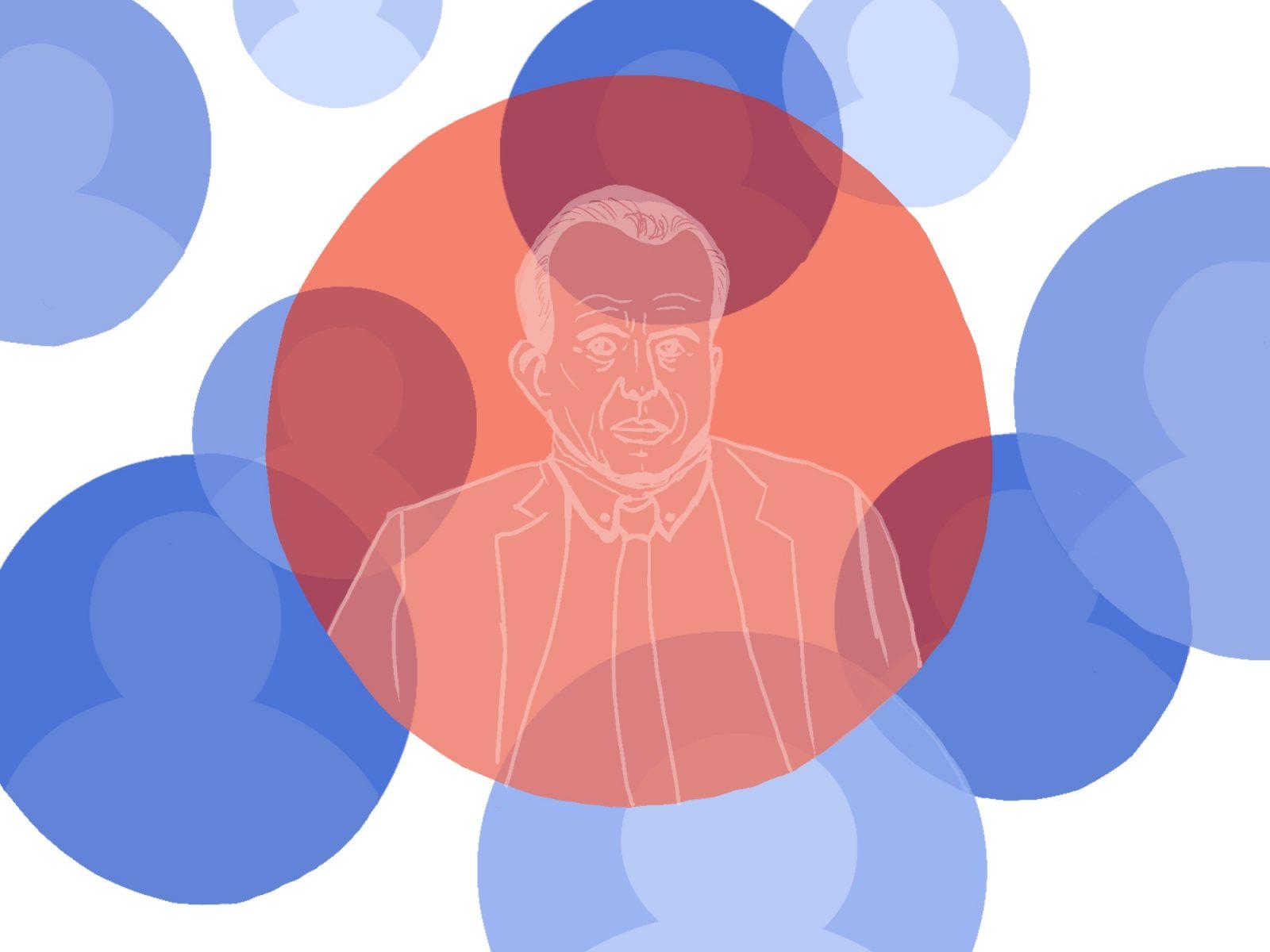It’s not a hot take to feel like a slave to Big Tech. At this point, it’s second nature for me to mindlessly click “accept all cookies,” and I barely even question the algorithms at work that bring targeted reels to my Instagram feed.
Today’s exponential growth in technology has revolutionized the way our politics, society and economy function. Some people argue that this shift has actually pushed us into a new economic system: technofeudalism.
Former Prime Minister of Greece Yanis Varoufakis is one of the main theorists behind technofeudalism, which he popularized through his 2023 book “Technofeudalism: What Killed Capitalism.”
Under this theory, Varoufakis argues that the way that Big Tech companies like Google, Amazon, X, etc. work has generated an economy that more closely mirrors a feudal system than a capitalist state, where we have modern day equivalents to Middle Ages serfs and lords.
Let’s look at Amazon as a case study. Varoufakis asks us to imagine the following scene: “You are beamed into a town full of people going about their business, trading in gadgets, clothes, shoes, books, songs, games and movies. At first, everything looks normal. It turns out all the shops, indeed every building, belongs to a chap called Jeff. ”
Amazon has created a marketplace for people to buy and sell goods where algorithms connect consumers to products. We keep Amazon running because we use it, not because it necessarily produces capital. Amazon charges ‘rent’ by skimming off the top of purchases the way a feudal lord would tax peasants for the right to farm on his land.
This same theory applies to social media. We don’t pay to use things like Instagram, TikTok or X, but our engagement keeps these platforms alive.
Varoufakis calls us “cloud serfs.” We give up our ‘labor,’ or rather our views and videos, to increase the value of these companies. In return, they simply have more and more control over us.
This distinction between feudalism and capitalism is important to Varoufakis because of the political distinctions. One of the markers of the feudal era was the concentration of power to the few, and Varoufakis believes that technofeudalism is only contributing to the breakdown of our current democracy and the rise of fascism.
Big platforms want us angry and full of hate, Varoufakis argues, because it increases our cloud serfdom. “So algorithms are primed to poison our conversations. That is highly detrimental to our democracies because consensus is really bad for cloud capital. It doesn’t want it. It wants you and me to be angry and shouting at each other,” Varoufakis said in an interview with WIRED.
“Hate is the fuel of facism,” Varoufakis said. “So if you blend discontent, the fact that most people can’t make ends meet, and you throw in there the hatred that is reinforced by the algorithms, that’s fascism.”
Varoufakis believes that there is still hope for a solution, as long as we act fast and reinforce accountability to these companies.
A few of the changes he would implement include a “cloud tax” that taxes purchases through a digital platform and the idea of interoperability, which means that information and followers can be maintained across platforms.
Varoufakis also wants to implement a state-issued digital identity so that we have some sort of power over our own data that’s independent of big companies.
One thing to note is that, for Varoufakis, the solution to technofeudalism is not the abstinence from technology. Instead, technology would work for us and support the elimination of exploitation and oppression, rather than fortify it.
I think it’s important that Varoufakis believes in the unity of technology and humanity, because a lot of critics of Big Tech, AI or the digital age are all too quick to just shirk technological advances altogether and promote a digital-free lifestyle.
I believe that’s not only unattainable and takes us hundreds of years backwards in terms of innovation, but also ignores the fundamental good that comes with technology — even if that good is riddled with problems.
The bigger question I’m left with, though, is not if we can save society from technofeudalism, but rather if people would want to be saved. The way our society is set up is convenient, and let’s face it, Big Tech has a lot of control over the world. They seem to consistently escape the wrist-slapping of various governments.
We need change and regulation, but I’m cynical, or perhaps realistic enough, to also believe that regulation would require a monumental effort from both the government and the individual — effort that I’m just not sure is going to happen.































































































































Keshav Sapru • Oct 2, 2024 at 11:58 am
How is it then different from entrance or maintenance fees that physical capitalist markets used to charge?
Because some socialists hold that Feudalism never went away, it just morphed into Capitalism.